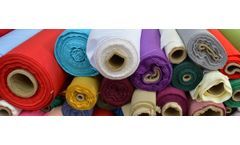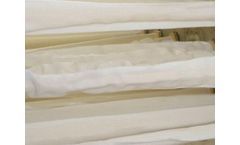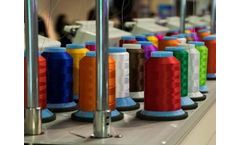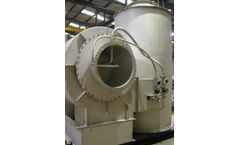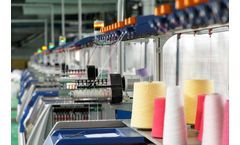- Home
- canada british columbia
- Applications
Applications For The Served Textile Industry Available In In Canada British Columbia
ByMyron L Company based in Carlsbad, CALIFORNIA (USA)
ByDutch Incinerators BV (DI) based in Terneuzen, NETHERLANDS
ByBionomic Industries Inc based in Mahwah, NEW JERSEY (USA)
ByGenesis Water Technologies, Inc. based in Maitland, FLORIDA (USA)
ByVPInstruments based in Delft, NETHERLANDS
ByBucher Unipektin AG based in Niederweningen, SWITZERLAND
ByDerypol, S.A. based in Barcelona, SPAIN
BySSI Shredding Systems, Inc. based in Wilsonville, OREGON (USA)
BySCHELL GmbH & Co.KG. based in Telfs, AUSTRIA
ByApplied Rigaku Technologies based in Cedar Park, TEXAS (USA)
ByEnterprise Specialty Products, Inc. (ESP) based in Laurens, SOUTH CAROLINA (USA)
ByCatalytic Products International (CPI) based in Lake Zurich, ILLINOIS (USA)
ByMüller Textil GmbH based in Wiehl Drabenderhöhe, GERMANY
ByZetaş Kimya based in Ostim OSB/Yenimahalle, TURKEY
ByWoxford Environmental Technologies (UK) Ltd. based in Headington, UNITED KINGDOM
ByBegg Cousland Envirotec Limited based in Glasgow, UNITED KINGDOM
ByDelta Steam Systems (DSS) based in Cape Town, SOUTH AFRICA
ByAP Water based in Campbellfield, AUSTRALIA
ByReCap based in Odunpazarı, TURKEY
ByYASA ET based in Shanghai, CHINA



